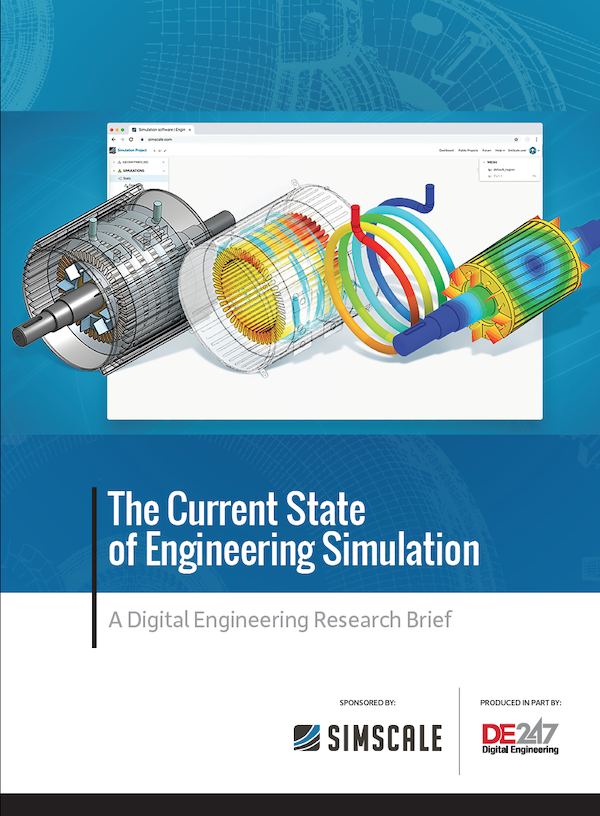Latest News
April 1, 2010
By Steve Robbins
 |
There are a lot of designers and engineers out there working hard every day to make a difference. You know who they are. You work with them all the time on projects large and small. In fact, you’re probably one of them.
We want to hear from more engineers and designers who have that innovative spark and the chops to use the right tools to develop products and processes that improve people’s lives. If you’ve got one of those designs, or have seen your colleague work on that innovative process, we want to recognize them. We want to salute the men and women working on those projects, and we want to publicize their work and promote those innovations.
The second-annual Change the World Challenge is back and we at DE are hoping that you will help us find the winners.
This past December we recognized a total of 15 innovative projects we judged as truly world-changing. By world-changing we mean developments in technology and its use so the end result improves our world and the way we live in it. That requires engineers and designers who exert control over the way their products might have less impact on the environment than the old way of doing things. They might be developing solutions to greatly improve energy efficiency, designing a life-saving surgical tool, or figuring out a way to purify contaminated water for pennies.
Last year’s winners included four designs ranging from a cutting-edge hearing aid to an innovative automotive power train. There were also four winning uses of simulation spanning from a wave-powered electrical generator to a hybrid locomotive. In the realm of HPC and computing IT, we picked three original projects, including a new cloud-ready tablet computer poised to hit the market, a robotic machine view development, and a battery-testing platform for electric vehicles. Finally, we chose four winners among rapid technologies all the way from a new treatment for the repair of cleft palates in children to a personal vertical take-off and landing vehicle.
These examples as well as the others we chose as winners this past December are proof that engineers are answering the needs of society every day. Whether the changes come in industry, agriculture, or in consumer products, they are improving the way we live, work, and interact with the world.
It’s always gratifying to see how design and analysis engineers are answering society’s needs and it’s almost always surprising to see the myriad ways in which they are solving the world’s toughest problems. It takes a lot of talent and imagination, and at DE we’d like to turn the spotlight on that combination.
We believe that DE readers (design, process, and analysis engineers) have the best potential to change the world for the better than any other segment of our population. Our collection of 2009 winners shows this potential is being realized on both small and large scales in every corner of the world.
So, if you are working on something that will change the world, or know someone who is, let us know. If you or a colleague is working on a project or a process that will make a positive impact on our lives, or the lives of our children or grandchildren, let us know. Visit deskeng.com/changetheworld by August 13, 2010, fill in the details, and you’ll be entered in our 2010 Change the World Challenge.
We’ve rounded up an independent panel of judges charged with choosing the best examples in each of four categories: design, simulation, rapid technologies, and computing technology. And we’ll announce all the winners in our December 2010 issue.
Steve Robbins is the CEO of Level 5 Communications and executive editor of DE. Send comments about this subject to [email protected]
Subscribe to our FREE magazine, FREE email newsletters or both!
Latest News





